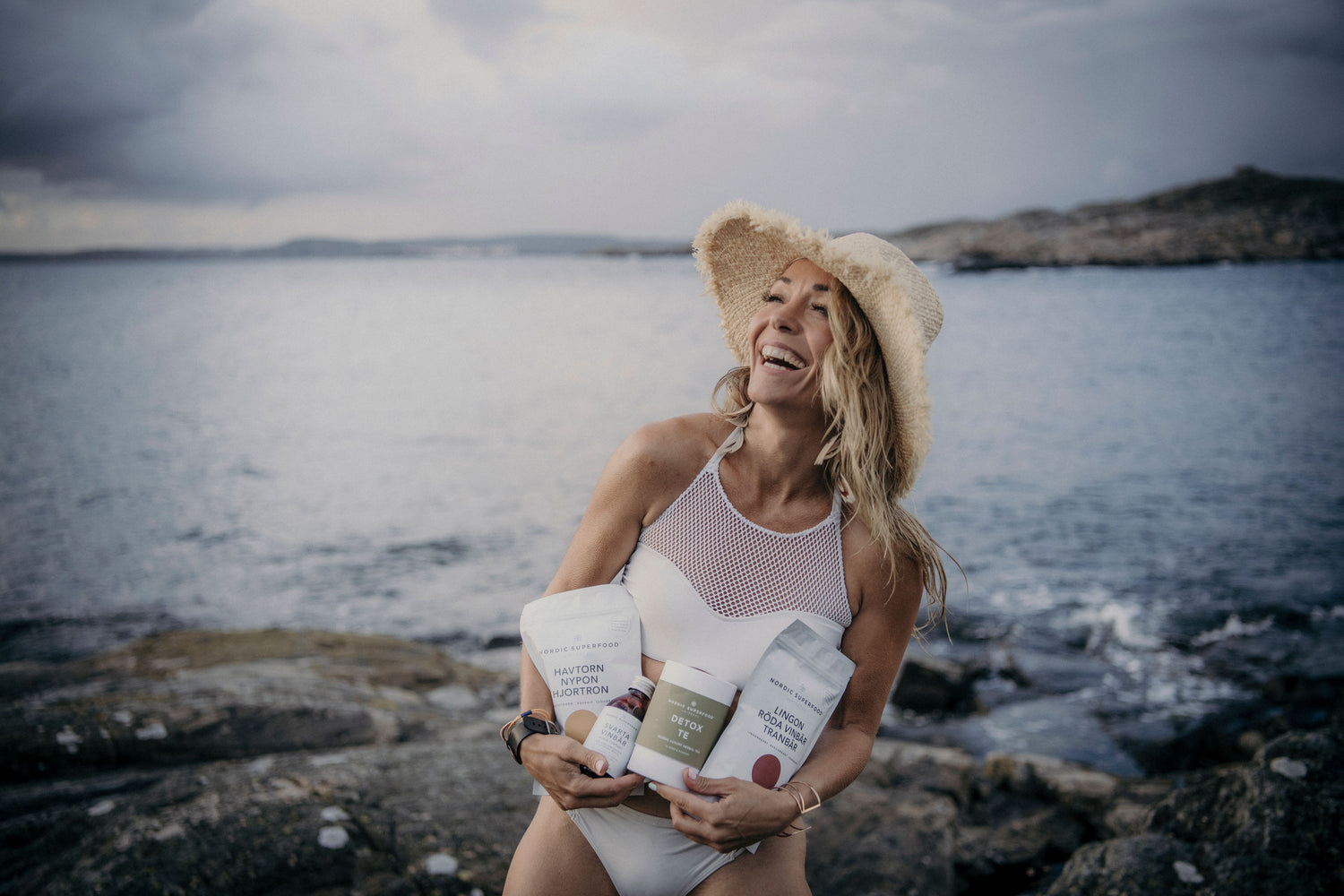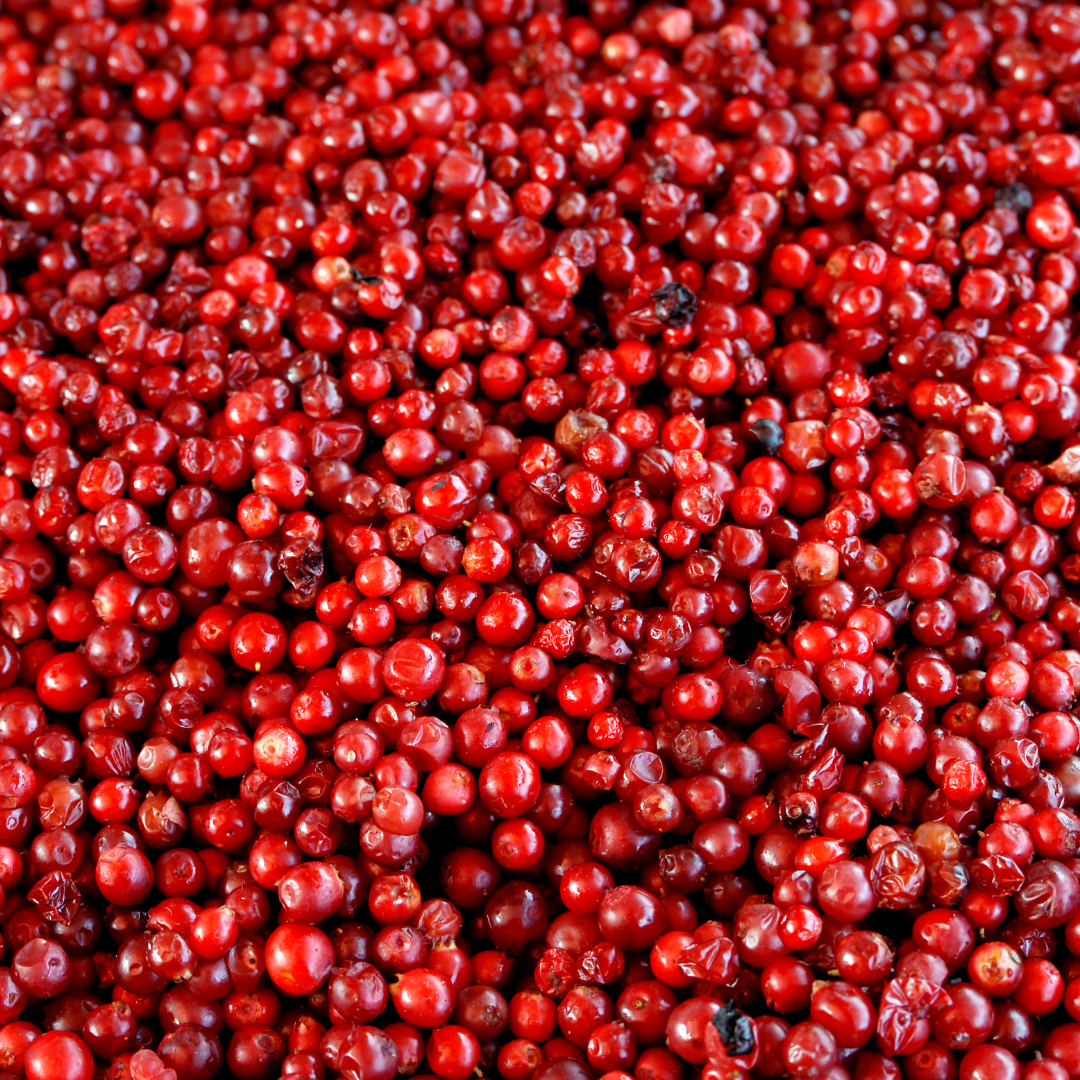The nutritional supplements of the future come from Nordic berries and plants! The research confirms that nutritious food with elements of Nordic berries and plants is the dietary supplement of the future. The secret is dietary fiber and these are not found in today's nutritional supplements or multivitamins.
According to Alicja Wolk, who is a professor at Karolinska Institutet within Epidemiology, Nutrition and Dietetics and Public Health, there is a big difference in getting antioxidants via multivitamin tablets compared to food. The tablet contains around ten vitamins and minerals, while food can contain thousands of different antioxidants.
- It makes a difference in uptake. One example is that the B vitamin folate via the diet is not absorbed to a greater extent than what the body needs. But in pills folic acid is taken up to 100 percent, says Alicja Wolk.
The difference in effect is about how the antioxidants are packaged. In fruit and vegetables, these substances exist together with dietary fibre. I the alimentary canal, especially in the acidic environment of the stomach, active oxygen is formed during food digestion which helps this process. This means that the antioxidants remain in the stomach and in the intestine for a longer time and can neutralize the free radicals there = Anti-oxidize. The fact that dietary supplements do not have the same effect is said to be because they break down too quickly.
That the content of the food is important is also confirmed by the many studies that show that those who eat a varied diet with a lot of fruit and vegetables run less risk of suffering from various diseases such as cardiovascular diseases and certain forms of cancer. If we get too little we get sick, if we get enough we feel good and it can even prevent disease, but if we get too much, the vitamins become like a poison that can cause disease rather than prevent it.
"The Pharmacists' Association's expert on dietary supplements, Merja Aaltonen, says that it is best to ingest vitamins and minerals through the diet, but that dietary supplements are necessary in certain situations."
"We know today that buying food supplements is like throwing money into the lake," says Agneta Åkesson, nutrition epidemiologist at the Karolinska Institutet.
"The multivitamin study shows that the supply of extra vitamin A, beta-carotene and vitamin E increases the risk of dying. The worst was vitamin A, which increased that risk by as much as 16 percent. For vitamin C, neither positive nor negative effects could be seen, and the same applied to the trace element selenium," says Agneta.





